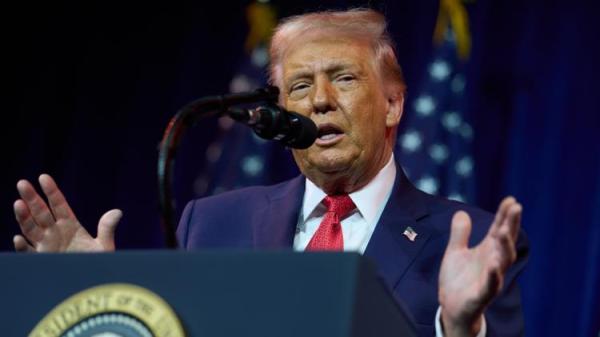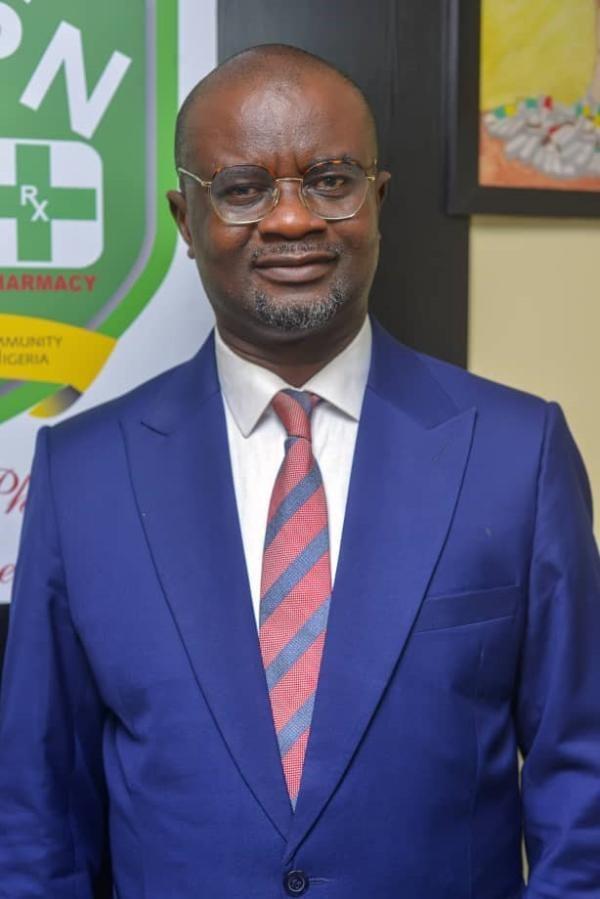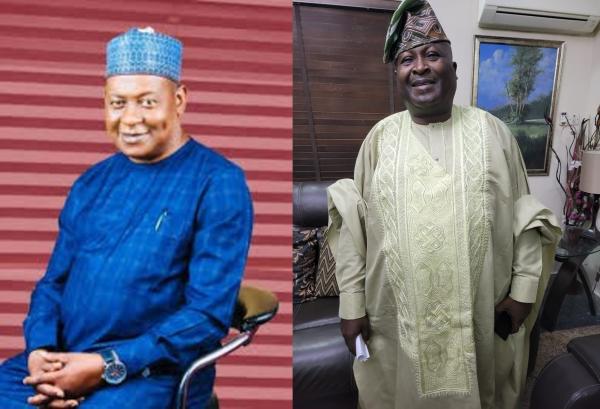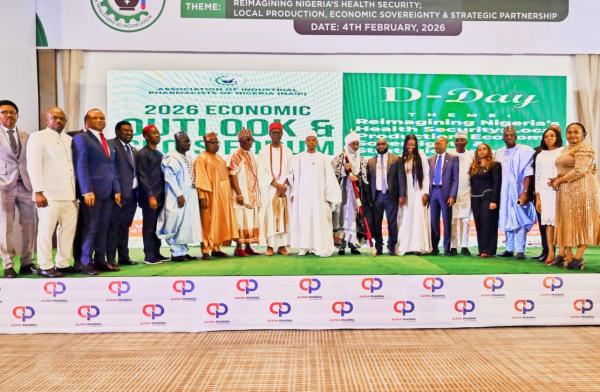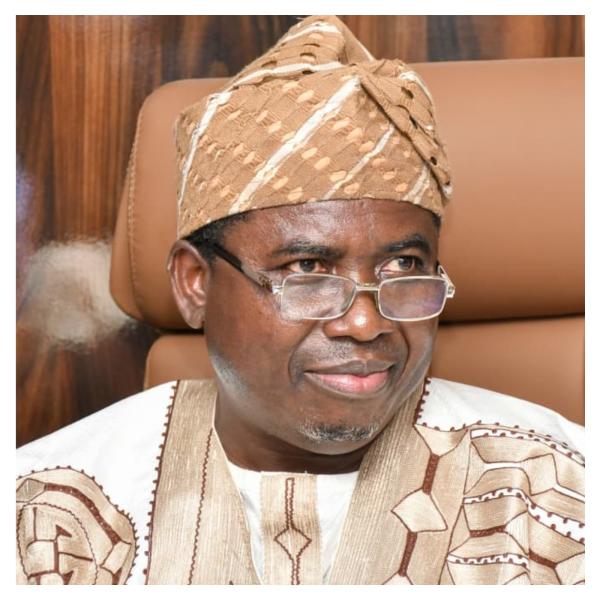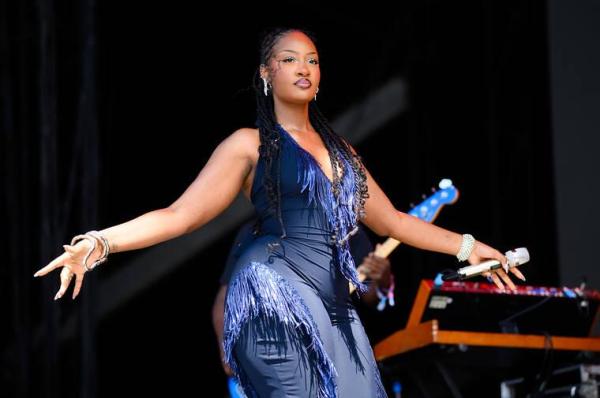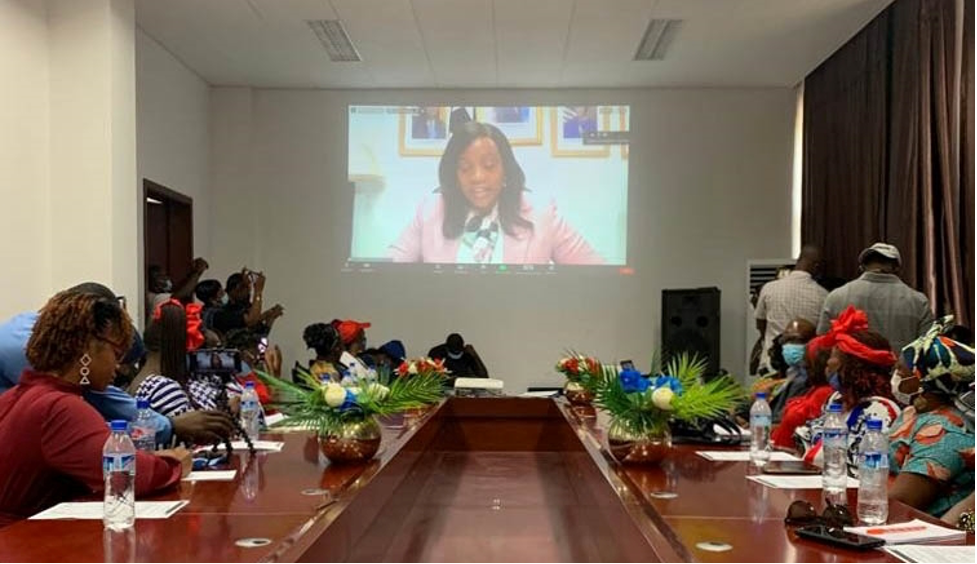
Liberia First Lady, Mrs. Clar Marie Weah has called for the inclusion and meaningful participation of women and girls in climate decision and policy making processes.
Madam Weah stressed that progress towards a sustainable future can only be achieved when women and girls, who are amongst the most vulnerable groups affected by climate change, are at the decision-making table and given what they need to adapt to the changing climate.
Recalling her visits across Liberia, the First Lady lamented seeing firsthand the harmful effects of climate change on women and girls and called for concerted efforts to address the situation.
Her Excellency Madam Weah: “As I have traveled across Liberia, I see that many women and girls now have to walk further from their homes to fetch water because the usual nearby creeks and wells are dried up due to the effects of climate change. This also affects their livelihood because they fish in the creeks for fish and set their baskets to catch shrimps. Additionally, their farms and gardens are affected due to the lack of water which give less agricultural yielding and threatens their food security. We must indeed work together to mitigate these harmful effects of climate change.”
According to a dispatch from the Permanent Mission of Liberia to the United Nations, the First Lady acknowledged the Government of Liberia’s commitment to address the effects of climate change in general, and in particular on women and girls, noting that gender features prominently in the Government’s national development plan—the Pro-Poor Agenda for Prosperity and Development.
Madam Weah also shared initiatives and interventions by her office to help address the devastating impacts of climate change on women and girls. “We have made several interventions specifically seeking to achieve gender equality and the empowerment of all women and girls. Last year, through the Office of the First Lady of the Republic of Liberia and the Clar Hope Foundation, we encouraged our women – fishmongers to become dynamic by purchasing land and constructing a facility in the New Kru Town area on Bushrod Island for the preservation (smoking and drying) of fish which will further increase supplies on the domestic market and empower our women economically. We also launched a program on menstrual hygiene where we provided sanitary napkins and kits to girls across Liberia, teaching girls about menstrual hygiene and giving them a certain level of empowerment in their lives.” Madam Weah expanded.
The Liberian First Lady made the assertions when she delivered thekeynote address at Liberia’s side event on the margins of the Sixty-sixth Session of the Commission of the Status of Women (CSW66), held through a hybrid format in New York and Liberia, on the theme: “Examining the Impact of Climate Change on Women & Girls in Liberia”.
The side event featured a panel discussion that examined Liberia’s strides to combat climate change and environmental risk reduction. Panelists including Madam Tarlo Harrington -Kekulah, Gender Coordinator, National Disaster Management Agency, and Madam Radiatu Kahnplay, Policy Advisor, Natural Resource Women’s Platform, among others, called for more women leadership in the climate sector, decentralizing climate education and information, and enhancing early warning systems.
Opening the event earlier from Liberia, the Minister of Gender, Children and Social Protection, Hon. Williametta E. Saydee Tarr described as significant and timely the spotlight on the impacts of climate change and other disasters and pandemics on women and girls.
Minister Tarr assured that the Government of Liberia will continue to work closely with its partners and counterparts to address the drivers of risk within the context of climate change, including “environmental degradation and disasters that are rooted in structural gender inequalities, such as women’s disproportionate share of unpaid care, domestic and communal work and the associated time constraints that intensify in climate and environment disaster contexts”. The Gender Minister emphasized that Liberia was open to receiving financial and technical support in this regard.
For his part, the Ambassador of Sweden to Liberia, His Excellency Urban Sjostrom, described climate change as a crisis with disproportionate effects on women. He stressed the need to act urgently through concerted efforts, noting that access to education and increased women political representation will help in addressing the situation.
The Liberia side event brought together women of Liberia, representatives of United Nations Member States and the United Nations System, representatives of the diplomatic corps in Liberia, civil society organizations, and non-governmental organizations, amongst others.
The 66th Session of the Commission on the Status Women opened at the United Nations Headquarters in New York on March 14, 2022, and is being held on the theme: ‘Achieving gender equality and the empowerment of all women and girls in the context of climate change, environmental and disaster risk reduction policies and programmes’. The Session will continue till March 25, 2022.












